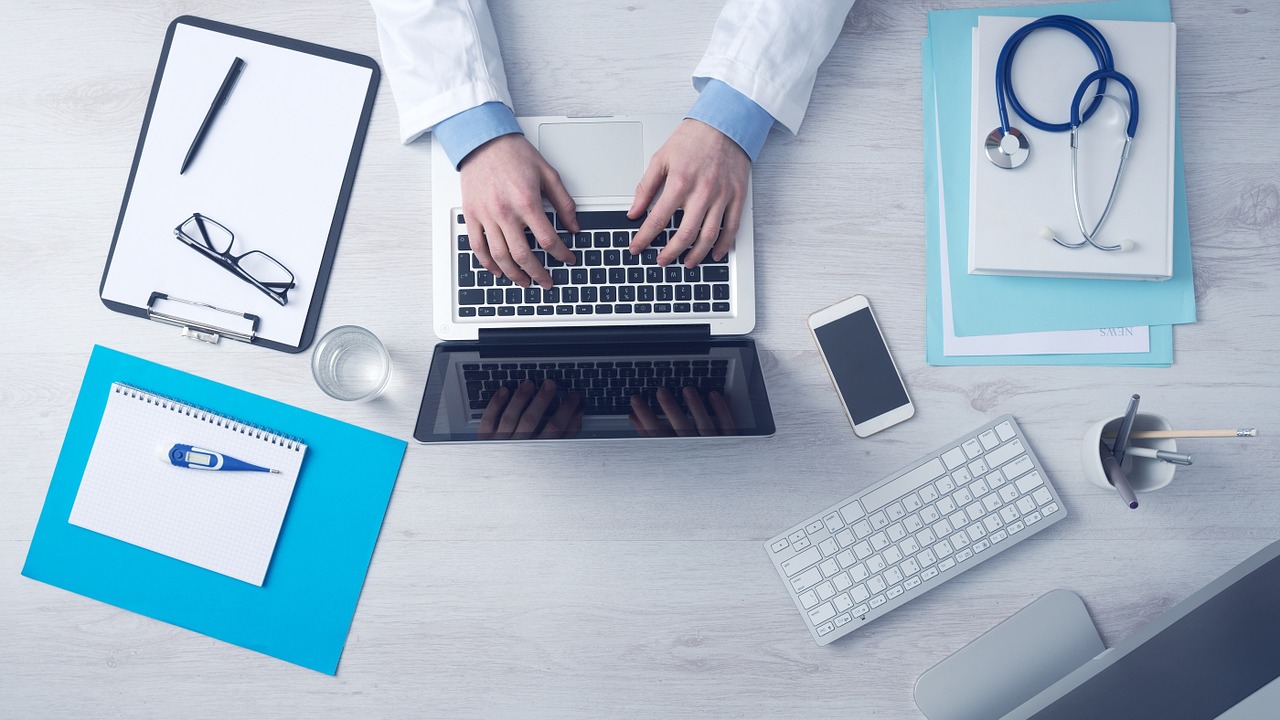
DOCTOR'S BLOG
Intestinal Intrigue
Our intestines do some amazing things for our bodies. We obviously think first about nutrition, but our guts are more involved with our bodies than just nutritional support. The intestines influence every area in our bodies.
Did you know that your guts produce about ¾ of the neurotransmitters in your body? Most people think the neurotransmitters are just in the brain or the nervous system, but this is not so. Our intestines contain over 2/3 of the body’s immune system. There is more than 10 times the number of cells in our intestines than in the parts of our bodies. The gut even has greater metabolic activity than the liver.
If you were to completely flatten out the intestines, they would cover an area roughly the size of a tennis court. The small intestines reabsorb about 7.5L of water a day and the large intestine reabsorbs about 1.4L of water a day.
Science is continually discovering amazing things about our guts. The average person has about 4 pounds of bacteria in their intestines. These bacteria are actually communicating with our intestinal cells DNA. They use different messengers to turn certain genes on and off. There has even been research that links depression to the bacteria in our intestines.
We actually have more bacteria in our bodies than we have cells in our bodies. It makes you wonder who the host really is.
Life is usually about finding balance, and it is no different with our guts. When we have a good balance of different healthy bacteria, our intestines function much better. When we experience an unbalanced flora of our intestines (dysbiosis), we can experience a multitude of symptoms ranging from mild problems such as heartburn to severe life-threatening infections.
One good way to ensure that you maintain a healthy balance of bacteria is to consume a diet high in fiber and various healthy carbohydrates. Try to eat different colors of vegetables. The wide variety of foods helps maintain a healthy gut microbiome.
Consuming a diet high in processed foods and high glycemic carbohydrates can lead to dysbiosis. The standard American diet (SAD) frequently leads to dysbiosis. Many Americans are suffering gastrointestinal-related symptoms that are secondary to the food they consume. Probiotics can help dysbiosis.
Probiotics are bacteria that are considered normal and healthy for the intestines. Many people benefit from taking probiotics. If you have chronic GI symptoms, first consider your diet, but also consider a trial of probiotics. I also recommend probiotics anytime you are taking antibiotics.
Our intestines are really amazing when you start to understand all the things they do for our bodies. Remember that we literally become what we eat, so choose a diet that is full of a variety of vegetables and consider supplementing this diet with probiotics.

